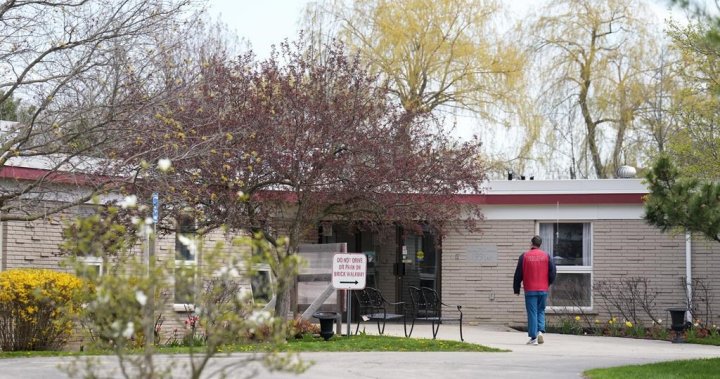
2 Ontario LTC homes closing in part due to requirement for sprinkler system
Global News
There's no doubt that fire safety is important, but losing long-term care spaces at a time of such critical need doesn't make sense, said Lisa Sharp.
Residents of a Guelph, Ont., long-term care home and their loved ones are shocked and afraid, says a representative of the families, after the home announced it’s closing in part because it won’t be able to meet an impending requirement to install a sprinkler system.
LaPointe-Fisher Nursing Home, a 92-bed facility with 146 people still on the waiting list, is one of at least two homes that have announced they will not be able to meet the Jan. 1, 2025 sprinkler deadline for long-term care homes in the province and will instead be closing.
There’s no doubt that fire safety is important, but losing long-term care spaces at a time of such critical need doesn’t make sense, said Lisa Sharp, president of the home’s family council.
“It feels wrong, and to do it when you know that long-term care, there’s such a need for it,” she said. “I’m disgusted to think that they’ve allowed a long-term care facility to close.”
All long-term care homes in Ontario must have sprinkler systems installed by the end of this year, per changes announced a decade ago, and LaPointe-Fisher said meeting that requirement “has proved difficult” with the structural aspects of the aging building.
“With the safety and security of our residents being our highest priority, we feel that the age of our building and significant investments required to maintain its state of repair are not achievable in the current economic situation,” said a statement from the home.
“Due to a combination of other factors such as our upcoming license expiry, substantial increases in costs of construction, and health human resource challenges, we are forced to make the difficult decision to close our home.”
Sharp’s partner Cathy, who is 65 and living with a disability and higher needs following an accident, has been at LaPointe-Fisher for five years. She is now worried about what comes next, Sharp said.











